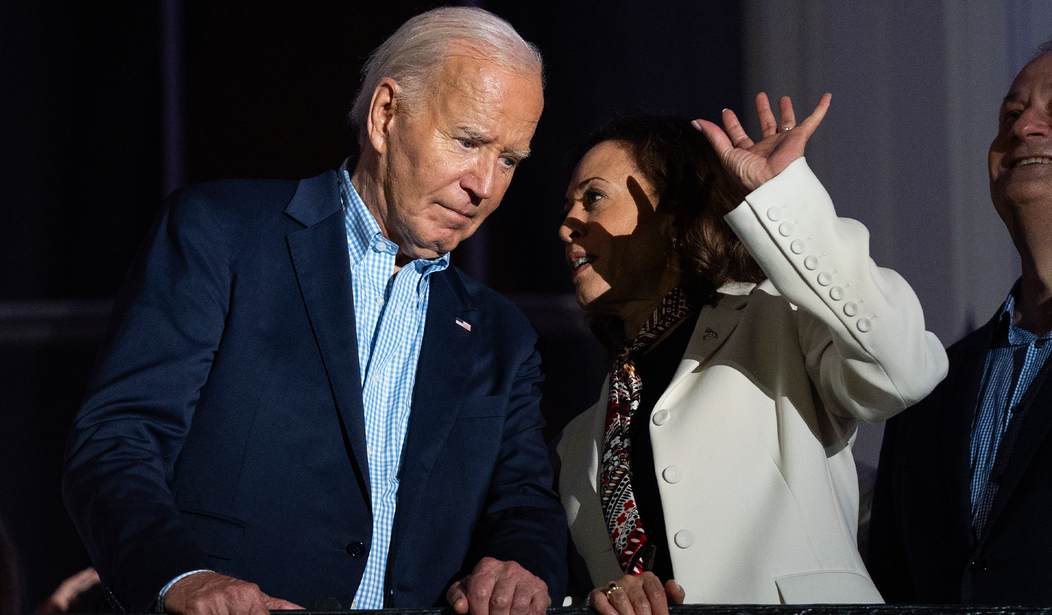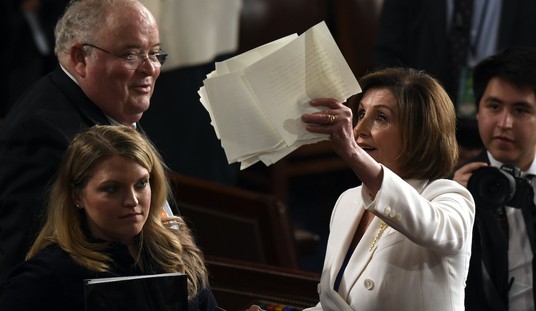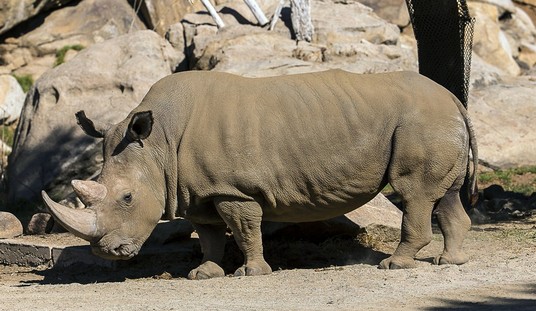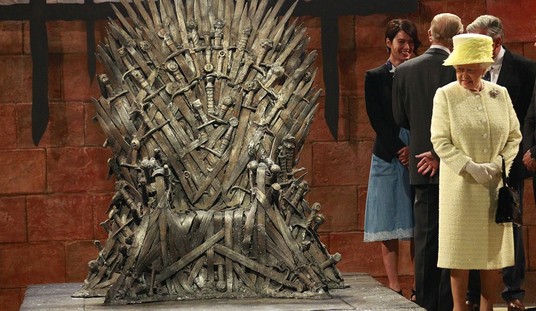There appears to be a growing rift in the Democratic Party that could shape its future even after the upcoming election.
On one side are Democratic leaders who believe it would be best to replace President Joe Biden on the ticket after his disastrous performance during his debate with former President Donald Trump. On the other side are those who want to stay the course and roll the dice with the current nominee.
Over the past week, Democratic senators, led by Sen. Mark Warner (D-VA), have reportedly been laying the groundwork for a confrontation with the president to urge him to drop out of the race. This might be a tall order, considering that Biden has already indicated that he plans to continue running.
One senator told The Washington Post that many in the party believe “that the current path may not be sustainable for him.”
While no Democratic senators have publicly called on Biden to drop out, Rep. Lloyd Doggett (D-TX) became the first lawmaker to make this appeal in a written statement:
I represent the heart of a congressional district once represented by Lyndon Johnson. Under very different circumstances, he made the painful decision to withdraw. President Biden should to the same. While much of his work has been transformational, he pledged to be transitional. He has the opportunity to encourage a new generation of leaders from whom a nominee can be chosen to unite our country through an open, democratic process.
While some Democratic senators are believed to be gearing up to ask Biden to exit the race, several Democratic governors reiterated their support for the president after meeting with him. Despite Biden’s apparent cognitive difficulties, they are still willing to roll the dice on his candidacy.
Maryland Gov. Wes Moore told reporters after the meeting that Biden “has always had our backs,” so “We’re going to have his back as well.
Minnesota Gov. Tim Walz expressed some concerns about Biden’s debate performance but still supported him, saying that Trump’s presidency was fraught with “chaos” and “destruction.”
As the drama unfolds behind closed doors and in front of cameras, one thing remains abundantly clear: The future of the Democratic Party could hang in the balance. The stakes are quite high, not only for Biden but the party as a whole. With the election looming, party leaders must grapple with the difficult question of whether to continue supporting an aging incumbent whose age has clearly caught up with him or go through a risky process of selecting a new standard-bearer who can take up the mantle and defeat Trump in November.
There are several ways this divide could affect the party. For starters, it is already causing a significant level of internal division. This could easily lead to a more bitter feud between the pro and anti-Biden factions of the party.
Of course, much of the outcome could depend on whether Biden wins in November. If he does, it could heal the rift in the party, even if there are lingering doubts about his ability to do his job. However, this could also give Biden the opportunity to resign after winning a second term, which would mean that Vice President Kamala Harris would become the top dog. She would likely be a figurehead with whom Democrats might feel more comfortable.
On the other hand, if Biden loses, things will get much worse for the Democrats. There will be much finger-pointing on the left as those seeking to replace him will likely blame his supporters for the Democrats’ loss of the White House. There will be heated debates over the reason for their failure to defeat their opponent.
Moreover, the party will then be in a position of having to find new leadership to give it direction. With the inevitable infighting a Biden loss will cause, this could be quite a challenge.
The Democratic Party is certainly in for some interesting times ahead – especially if they are unable to replace Biden as their candidate. Either way, this rift is likely to have some serious ramifications for the party.














